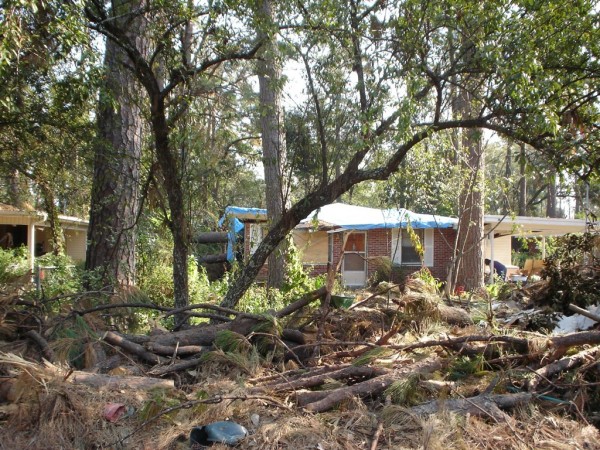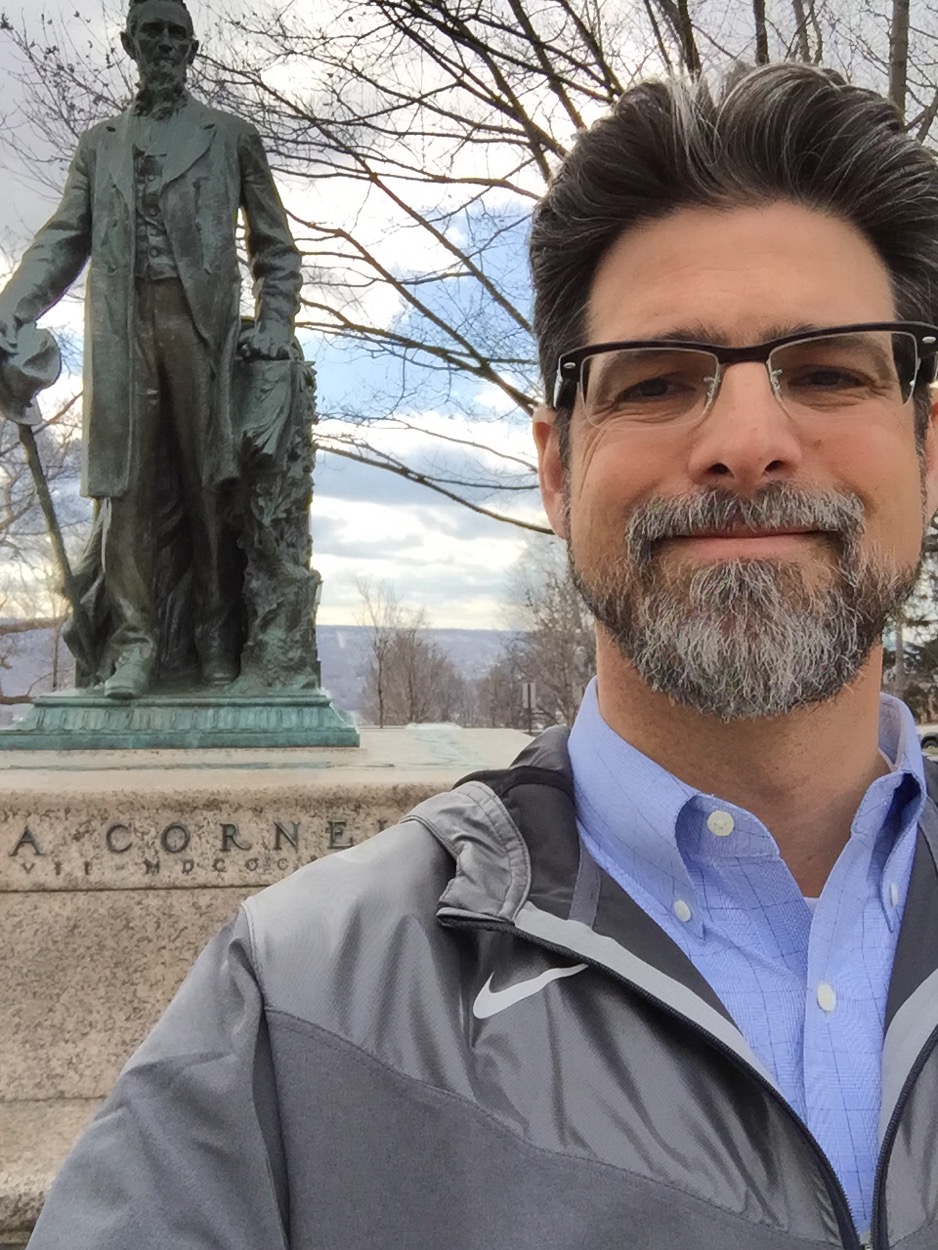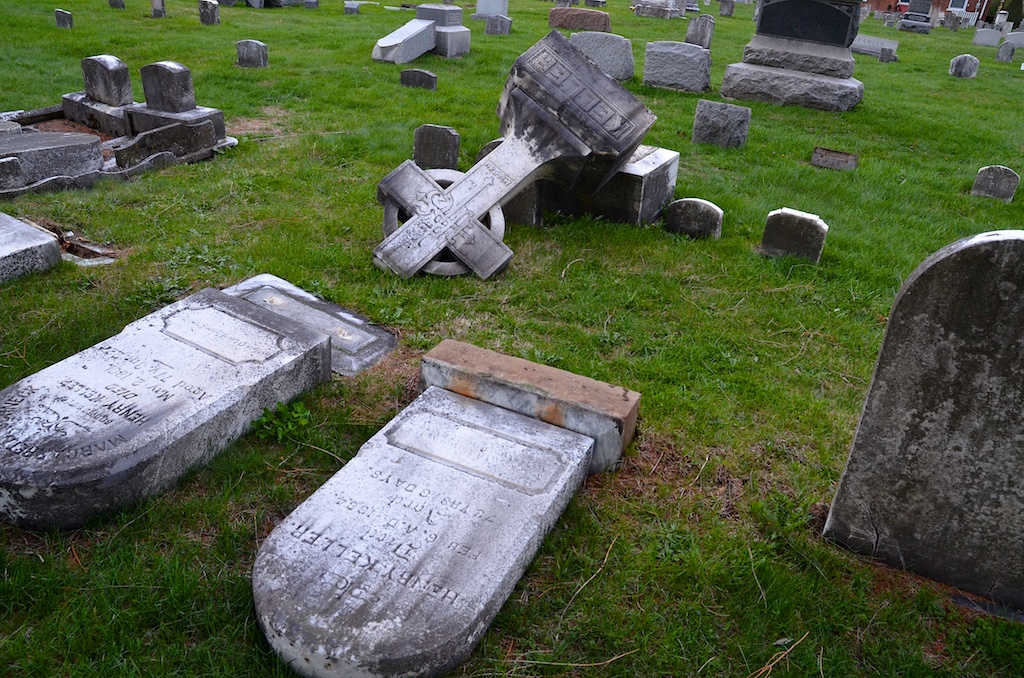(Regarding the title of the essay, see Job 3:20-26.)
This essay was written as part of the outreach program of The Episcopal Church of the Good Shepherd in Lexington to continue to minister to our community in this time of uncertainty and “social distancing” that requires not meeting in person. For essays by my friends and colleagues go to “Calming the Storm.”
It seems that 2020 cannot help itself. In addition to the global pandemic, a fierce (and necessary) confrontation with our nation’s racism, a vitriolic election cycle, murder hornets, derechos, fire tornadoes (no, I didn’t know that was a thing either), we now have two massive storms converging in the Gulf of Mexico taking direct aim at Louisiana and NASA just announced an asteroid will be coming extremely close to earth on the eve of Election Day. There is only a 0.41% chance of this 6.5 foot rock hitting the earth, but still! I think we have had enough. It is all so overwhelming.

Fifteen years ago this week, my family and I were living just north of New Orleans and preparing for the arrival of Hurricane Katrina. The devastation that it wrought and the flooding of New Orleans that followed captured the attention of the nation and the world. We evacuated before the storm struck and spent over two weeks living with my brother’s family in Ohio. We were safe and our home was fine, but the homes of many of our friends were destroyed and over a thousand people perished in flooding that came after the storm. Being outside of the cone of the storm was a weird and dislocating experience. Our family in Ohio knew that we were feeling disjointed because we had fled our home and weren’t sure to what (or when) we would go back. But when we went into the stores, no one else knew what we were experiencing. Everyone knew what was on the news, but they did not know that we were still experiencing the storm, even in Ohio. Yet there was peace there too. We could take moments to pretend we were on vacation, to relax and forget the uncertainty that awaited us.
This year has left no one untouched. Everyone, everywhere has experienced and continues to live through this pandemic. There is nowhere we can go to get away from it; we cannot drive out of the path of this viral storm and so we all endure it together. When we go into Kroger, we see everyone (I hope) wearing masks to protect one another. We all know at least something of what the other is experiencing, because we are in it together. The pervasive and inescapable weight of the virus has become the filter through which we see the world so that every bit of bad news simply stacks up, higher and higher on the bonfire of this year.
Because it is all so pervasive, so much on everyone’s mind and in the news, we are all talking about the impact of this year upon our souls and psyche, asking one another, “How are you holding up? What are you doing to take care of yourself?” At the beginning of every podcast I listen to (and I listen to a LOT), the hosts open by asking each other how they are doing, how they are coping with this situation. We are all supporting one another. It is, if we are looking for goodness and grace in this time, a positive outgrowth from this unprecedented season and it is the result of the fact that we are all going through this.
Of course it should not have taken a pandemic or catastrophic storms or police brutality to realize that this world is full of suffering and injustice, that the nature of our existence can be and most often is trying and oppressive. It is just that usually, we are not all experiencing it all at that the same time. In the normal course of events, I can hear a tragic news story and, while I might say a quick prayer or tut about the injustice of the world, usually I can go about my day. After all, I have to go to work, I have papers to grade, a lecture to prepare, meetings to be in. But now, now the news is about us and we are getting weary, worn, and tired.
Does acknowledging that such suffering and hardship is always present in the world help? Maybe not. Probably not. “For misery does not come from the earth, nor does trouble sprout from the ground; but human beings are born to trouble just as sparks fly upward” (Job 5:6-7). These are the words of Job’s friend Eliphaz, trying less to console Job than to convince him that such suffering is the nature of the world and often the result of sin. One of the challenges of the Book of Job is that, in the midst of their error, his friends sometimes speak truth. Humanity is very capable of causing our own trouble without natural disasters adding to our woes. Jesus said there will be wars and rumors of wars. But that does not and should not make war any more justifiable or palatable. Still, for most of us, to recognize that this is the experience of life, to adjust our expectations away from the utopian visions of ease and comfort, is probably and much needed correction.
The reality is we are all always struggling to cope. Each and every one of us, even if we do not recognize it in the other, is bearing some sort of burden, carrying some cross. It is just that the routine of our schedule allows us all to pretend that nothing is wrong. We are deceiving ourselves and one another when we do that. Now, we know better. Now, we are developing empathy, recognizing the truth in the memes that say, “Everyone is going through a battle you know nothing about.” We should all be emotionally and spiritually smarter now, learning to hold on to the awareness that this life is precarious and precious.
Now that we acknowledge this truth, what do we do? Do we hold on to a fatalist notion and just keep plodding along? Some days, maybe, and that is enough. But such experiences of darkness allow the light to shine that much brighter. Like Easter Sunday after that long, interminable Friday and Saturday, when the disciples saw for the first time the life that could exist in the midst of this world, so we must look to the risen Christ to see anew the world we inhabit.
When Jesus rose from the dead, the world was forever changed, and yet it remained the same. Our experiences of suffering and hunger, heartache and injustice continue because we continue to live in this world, but we now know there is more than just this world. Now, we know that Jesus has been raised from the dead, and he is just the first. This is the foundation of our faith, the promise of Jesus that was confirmed by his resurrection and sealed in his ascension. The author of Hebrews has this wonderful phrase to express the certainty of the promises of God, that “this hope [is] a sure and steadfast anchor of the soul.” (Heb. 6:19) As we say together in the Eucharistic prayer, “Christ has died, Christ is risen, Christ will come again.” That is the anchor of our soul, the foundation of our faith, and from that position of strength and security we can continue to live in this beautiful and terrible world of the already and the not yet.
The world has revealed itself, for many of us, perhaps for the first time, to be a place of cruelty and suffering. That does not invalidate the Gospel, but rather shows the reason for it. Do not be overwhelmed or overcome by the problems of the day (or the year); rather know that God loves and holds you securely now and for eternity.
O God, the author of peace and lover of concord, to know you is eternal life and to serve you is perfect freedom: Defend us, your humble servants, in all assaults of our enemies; that we, surely trusting in your defense, may not fear the power of any adversaries; through the might of Jesus Christ our Lord. Amen.





